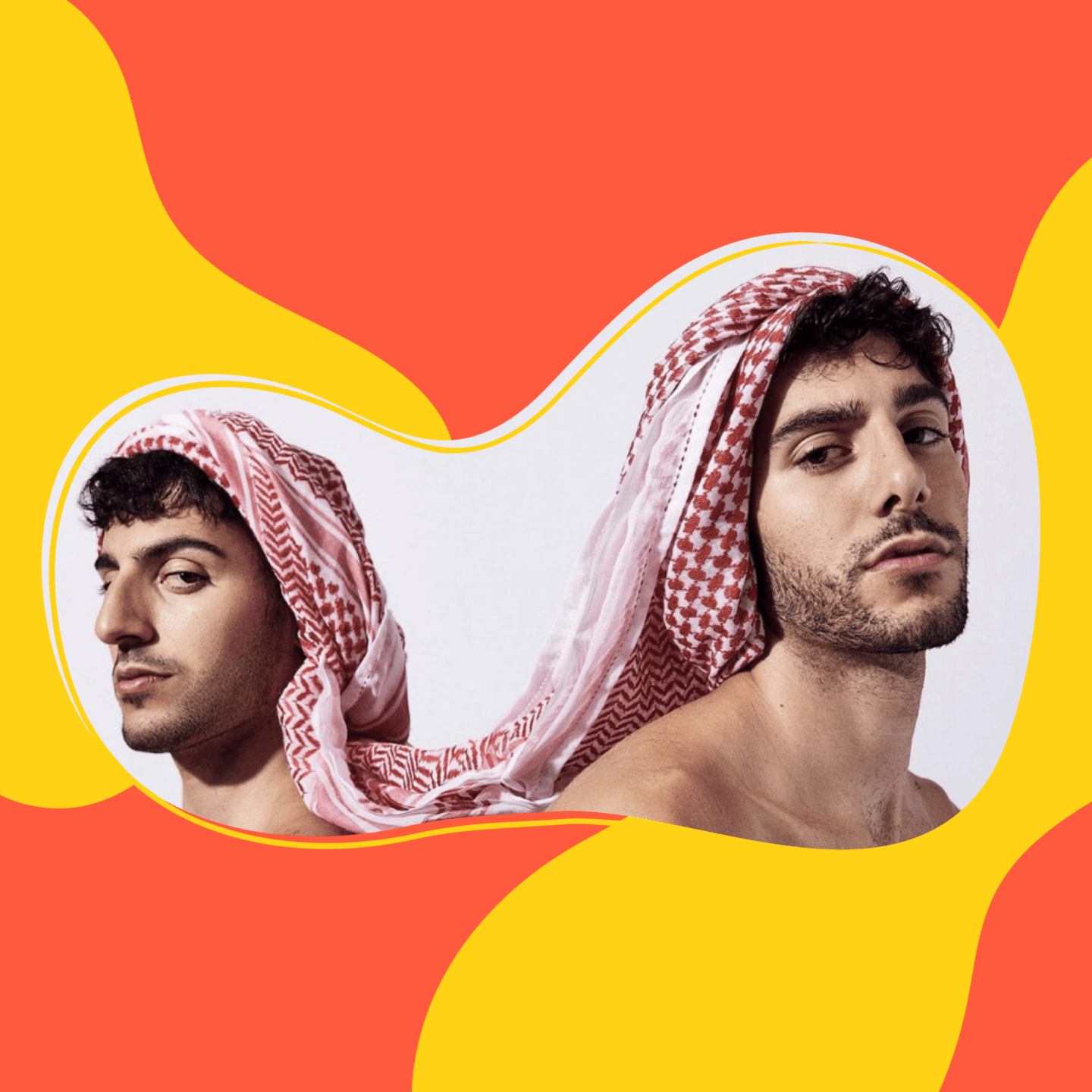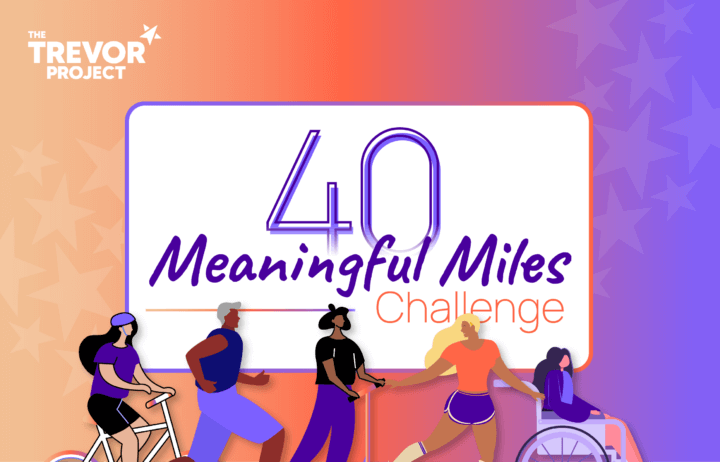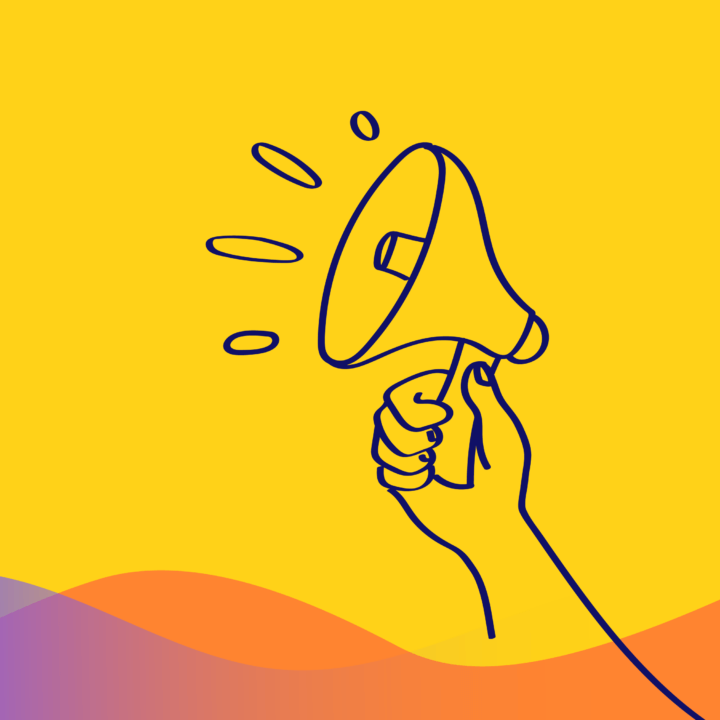Youth's Lives Every Day
Michael & Zak Zakar describe themselves as the Middle Eastern Mary-Kate & Ashley. They aim to represent the underrepresented voices of proud Middle Easterners in the entertainment industry and have published a book, Pray the Gay Away, about their upbringing.
Can you talk about the intersection of your queer and Arab American heritage?
Michael: It seems like the question to our people is a paradox in itself. Like it’s impossible to be both, have layers. It’s important to recognize that people like us exist in our home country and in the states. If anyone should be leading the revolution on acceptance, it’s the Arab-American community. Arab-Americans want to be accepted into society without fear or judgment of their background. So if we’re both fighting for acceptance—shouldn’t it be given to all?
Zak: It’s something I feared for a while. But learning to embrace both sides that make me me, has taught me how to properly love myself.
Can you talk about your coming out journey in an Iraqi family and the challenges you faced?
Michael: I think most people would assume our father would’ve had a hard time with our coming out but anyone Middle Eastern knows that the approval comes from your mother. So a lot of my brothers and my coming out was dictated by our mother’s reaction… which was her throwing holy water on us. Her reaction made me angry. It felt hard to accept myself when my own mother couldn’t accept the person I am. It took me hitting rock bottom to find the love in myself.
Zak: Iraqi culture centers around self-image, so it was difficult to get acceptance from my mother when her only worry was what the community would think. I had to constantly remind her to fight the battles I couldn’t fight behind closed doors. If someone speaks poorly of your child or any misconception of queer children, then it’s her job as a mother to speak up.
Have you seen growth from your family? How did that happen?
Michael: It took my mother almost a decade to accept who we truly are. She is a stubborn woman who is strong in her faith. The only way she would listen was to challenge and question her mindset with reason. She got to understand that God made us this way with no mistakes. Our minds met in the middle. She is still learning! Last year for our birthday she bought us rainbow ice cream. Baby steps are still steps.
Zak: They say “it gets better.” For me, it just got easier. My mother & I have come far in our relationship. It takes A LOT of time, patience and communication.
What advice do you have for other young people who look like you?
Michael: If you want acceptance you have to fight for it. Your community (of friends) is out there, but you have to find it, chase it. It may be harder for you but you are the change our community so desperately needs!
Zak: You’re perfect & I love you.
Your book “Pray The Gay Away” details coming out to your mother, who threw holy water at you when she heard. What are misconceptions about LGBTQ+ people in the Arab American community? How do we combat them?
Michael: That we’re “disgusting” for having this way of thinking. But the priests that preach this message aren’t always the most innocent. Religious abuse and trauma is a disgusting way of thinking if you ask me. Because I want to believe in a God that lets me question the confusing world we’re in. As queer people we fight to tell our truths, not abuse those wanting to learn.
Zak: We’re hypocrites. We can turn a blind eye to the hypocrisy in the church but somehow struggle to properly accept our LGBTQ children. Combat takes an army and that starts at home. Parents LOVE your kids — gay, straight or anything in between.
What words of affirmation do you have for LGBTQ+ young people?
Michael: Your voice is powerful because it’s no one else’s but yours. Be loud, be heard!
Zak: *Carrie Bradshaw staring at her computer screen.* Choose you first.
You are brothers and both members of the LGBTQ+ community. What does having that community and support mean to you?
Michael: The queer community made me feel accepted before the Iraqi community did— so I owe everything to the people who fought for my rights and support. I just want to do the same for the Arab-American queer community and help them the same way this community helped me.
Zak: For me, my coming out was a shared journey of shared experiences. The challenges I’ve faced were made easier because I had a friend to laugh/cry with every step of the way.
Why is celebrating MENA Heritage Month important? Why is it important for queer people?
Michael: I think in the US, Arabs get ignored in the news and the media. So seeing what our AA community is (powerful people with strong will) instead of the stigma that’s passed on us is important to highlight. We need to support all of our Arab-Americans and that starts with the queer ones. We can’t be equal if we don’t think we are all created equal.
Zak: We, as the Middle Eastern community, are underrepresented. I hope with my voice in the industry I can represent our community proudly.


